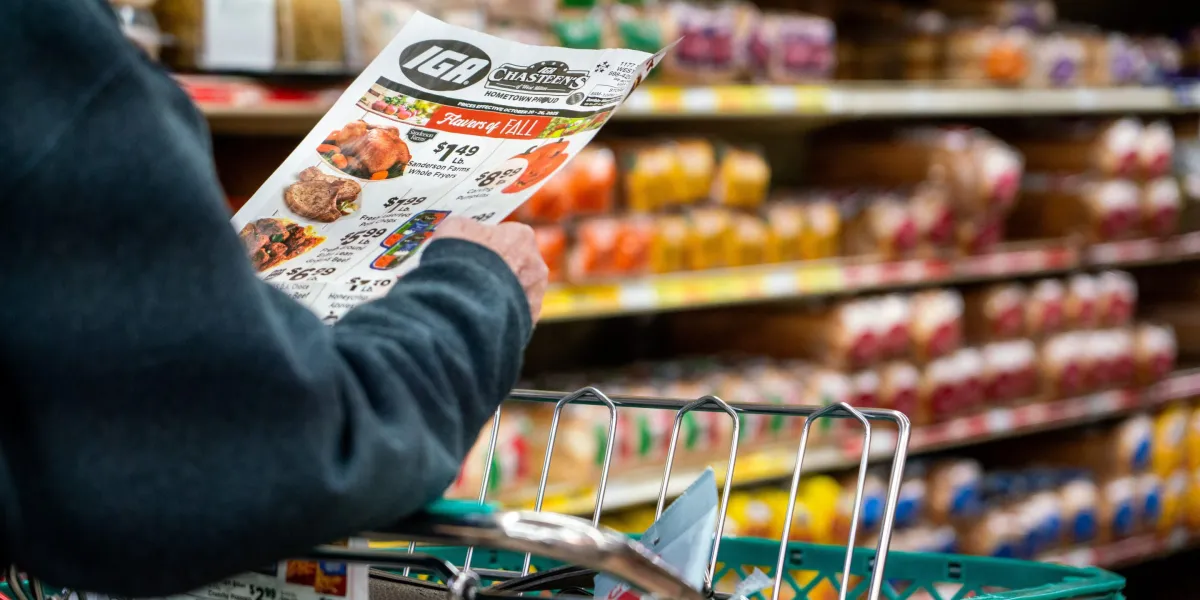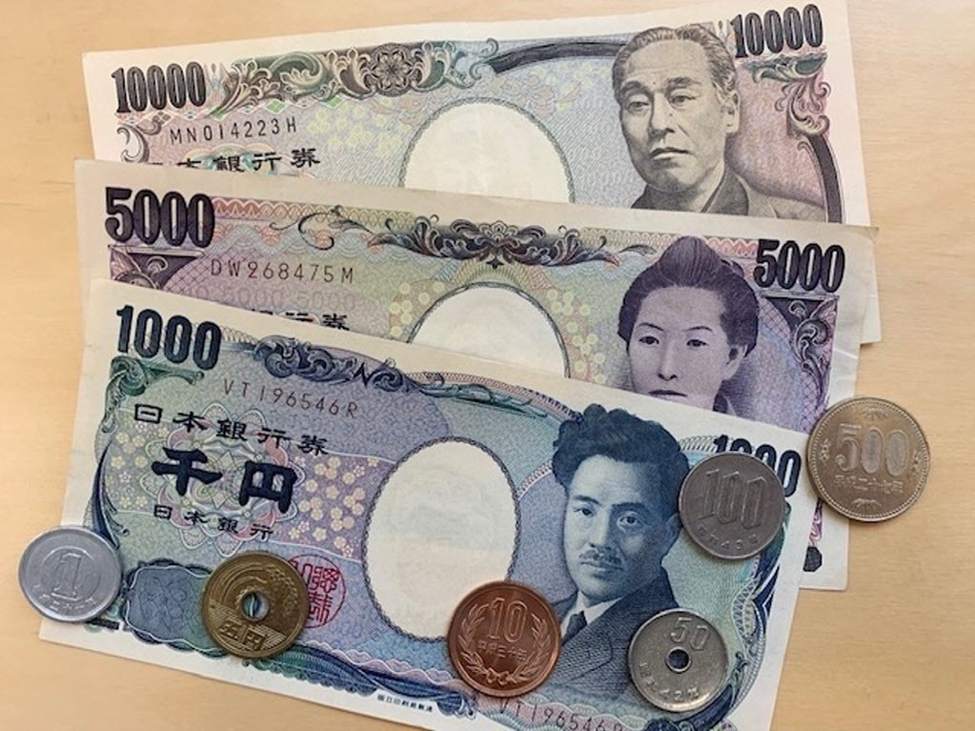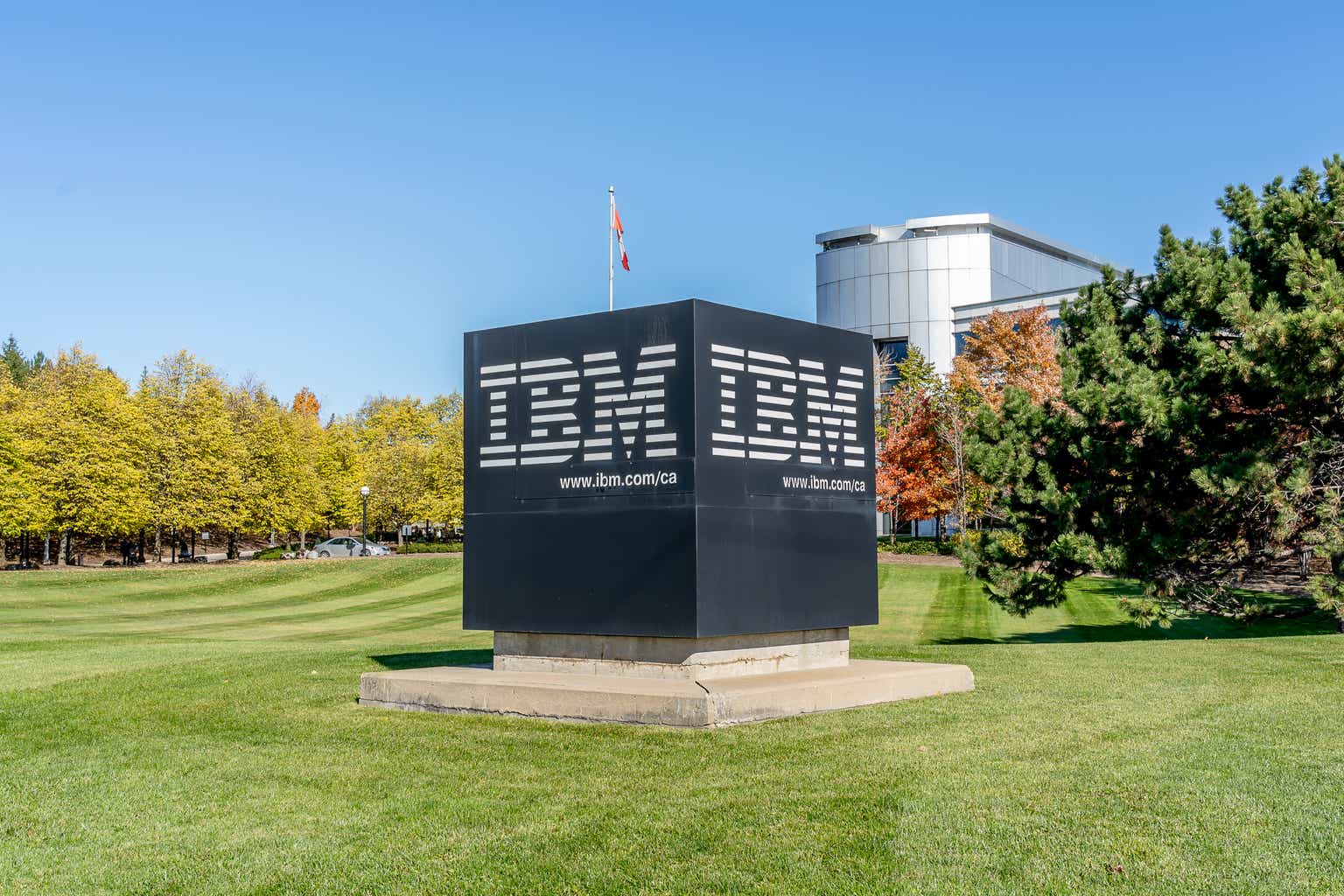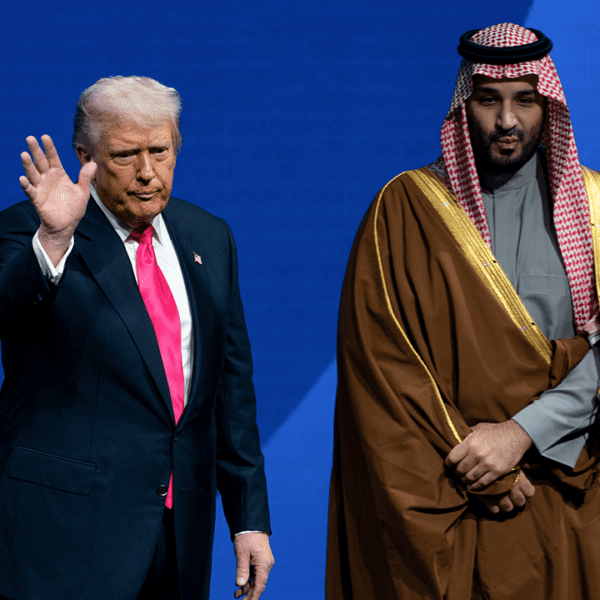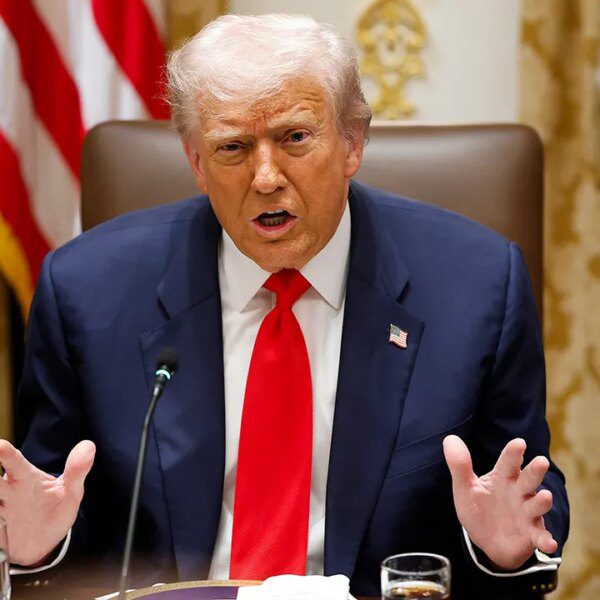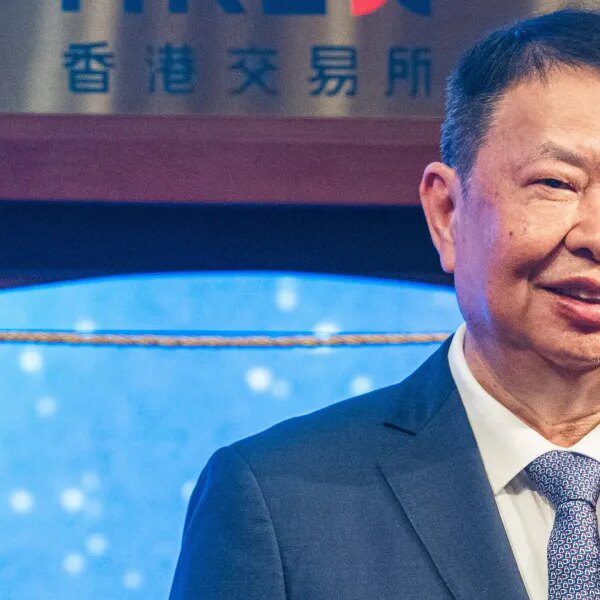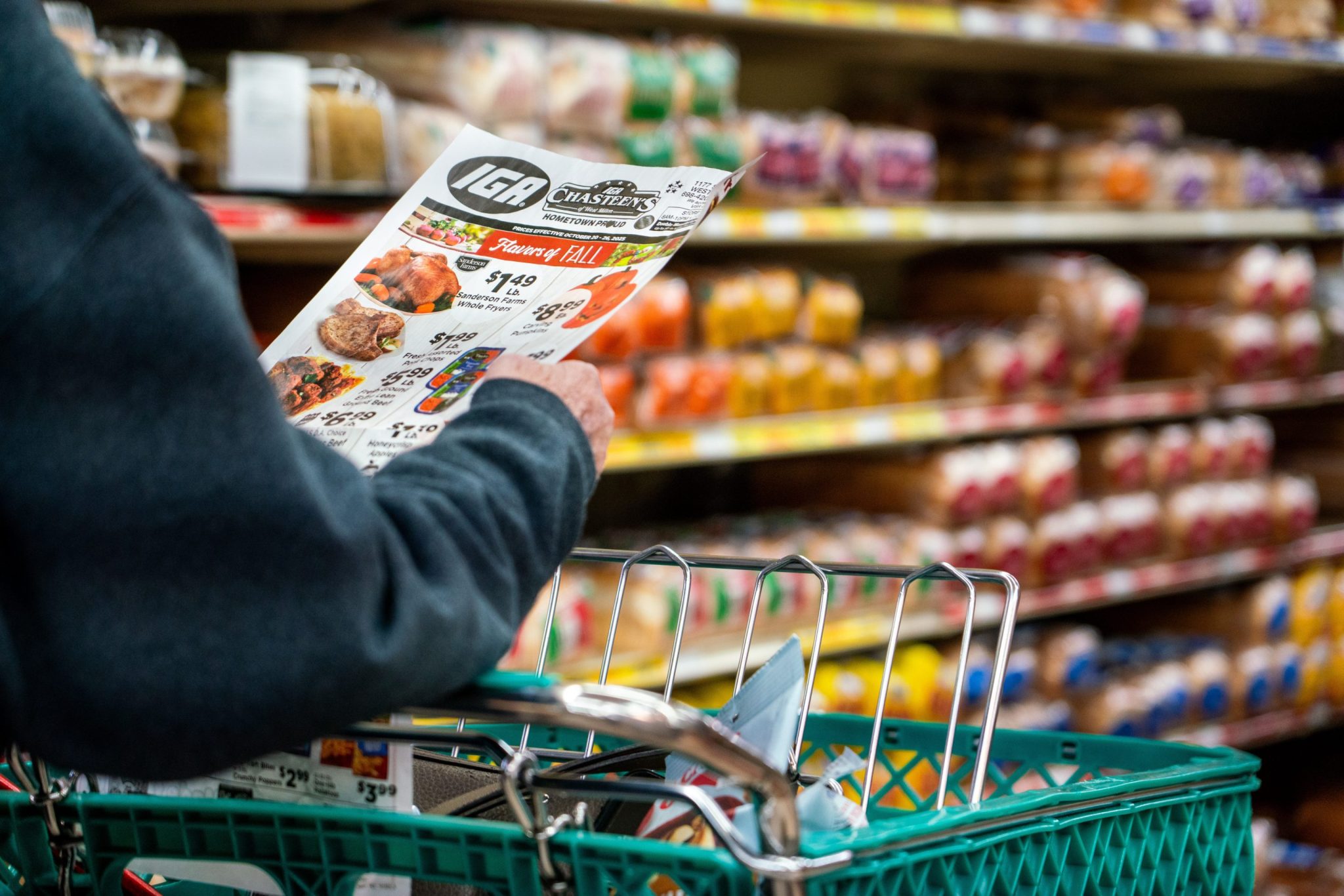
The tariffs that President Donald Trump rolled back this past week will barely move the needle on consumer inflation, but his retreat potentially signals a major shift, according to a Wall Street analyst.
On Friday, Trump said he will scrap tariffs on beef, coffee, tropical fruits and a range of other commodities, even after insisting that his duties haven’t raised prices. That followed off-year elections that delivered stunning defeats to Republicans as voters protested the high cost of living.
Given that imported food makes up just 10% of what U.S. households consume, the tariff rollback’s impact on inflation is a “practically a rounding error,” wrote Bernard Yaros, lead U.S. economist at Oxford Economics, in a note on Friday. But they will have outsized effects beyond the economic data.
“Food prices also weigh heavily on consumers’ inflation psychology, not to mention their sentiment,” he explained. “Of all major food categories, consumer sentiment is historically most sensitive to the price of meats, poultry, and eggs, followed by cereals.”
Indeed, sticker shock at the grocery store has fueled demands for more affordability, which was a central issue in the recent elections.
Despite consumer inflation cooling sharply from 9% in 2022, prices are still ticking up, and tariffs have kept the annual rate sticky—even edging higher since Trump launched his trade war. Voters are now rewarding politicians who promise to freeze certain costs.
With both parties already looking ahead to the 2026 midterm elections, Yaros sees Trump providing more tariff relief if his latest move is any indication.
“What matters more for the outlook, though, is the signal that this move sends about the directional shift of
future tariff adjustments,” he said. “As we near the election, the administration may broaden these tariff exemptions to a wider swathe of food products.”
Yaros pointed to other signs of easing tariff pressure, such as Trump’s recent trade deal with Switzerland that will slash the rate to 15% from 39%. Additional agreements with Brazil and India may follow, lowering tariffs on those countries as well.
But according to a working paper from San Francisco Fed researchers, Trump may actually want to maintain his tariffs if his goal is to fight inflation.
The study examined 150 years of tariffs and concluded that they depress economic activity and employment, resulting in lower inflation.
“The inflation response goes against the predictions of standard models, whereby CPI inflation should go up in response to higher tariffs,” researchers Régis Barnichon and Aayush Singh wrote. “Instead, tariff shocks appear to act as aggregate demand shocks—moving inflation and unemployment in the same directions.”

